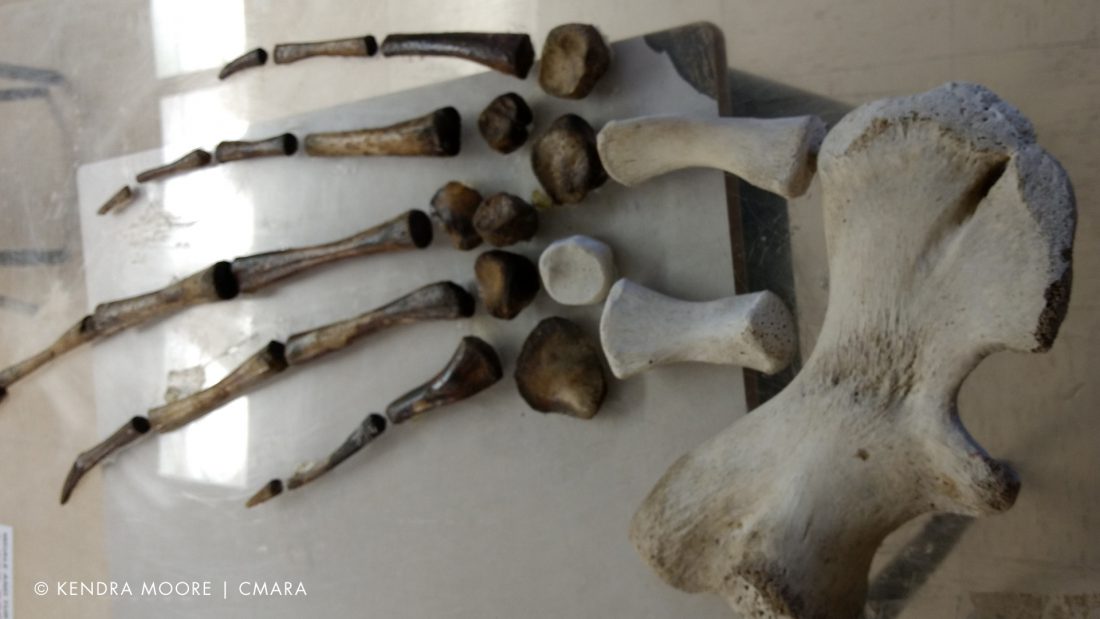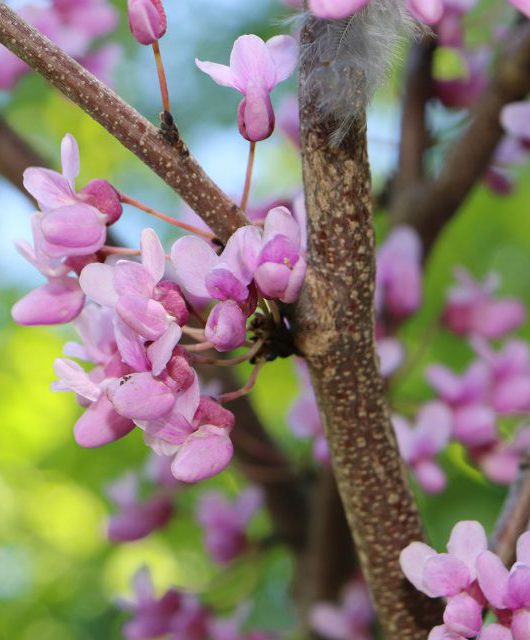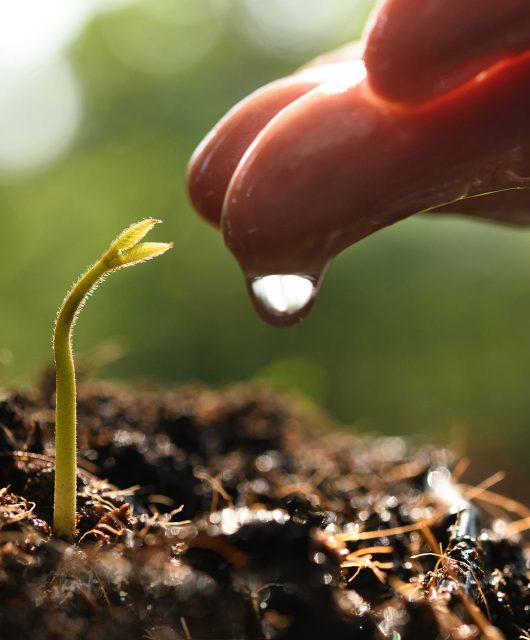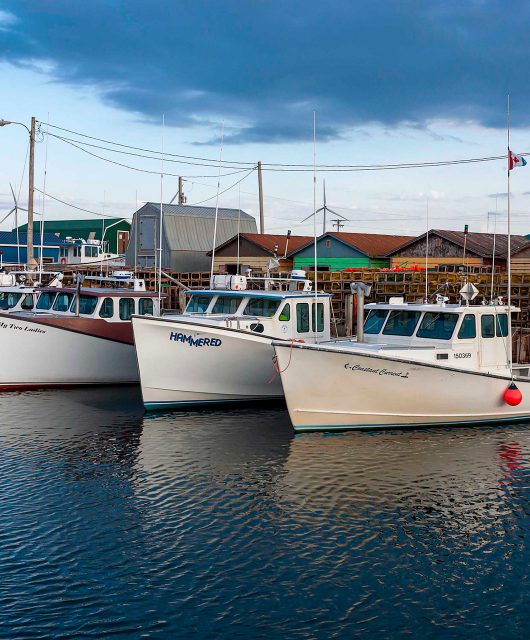When it comes to responding to marine animal emergencies, members of the public play an important part.
It is essential to know who to call, what types of marine animal emergencies can occur, and what regional response networks are doing to help.
The Canadian Marine Animal Response Alliance (CMARA) is a group of highly trained, specialized individuals and organizations that are dedicated to conserving Canada’s marine animals. Every year more than 1,000 marine animal incidents are reported in Canada involving dozens of different species such as whales, dolphins, porpoises, seals, sea lions, sea turtles and sharks. CMARA, chaired and coordinated by the Canadian Wildlife Federation, helps educate the public about marine animal incidents and provides ways for people to learn more about the amazing marine animals in our national waters.
In March, CMARA hosted a number of community events so that people living along the coasts would know what to do if an emergency occurs.
Event highlights:
The Pacific Rim Whale Festival ran successfully for its 31st year in Tofino, BC, celebrating coastal traditions, the unique west coast environment and the spring return of the Grey Whale. The British Columbia Marine Mammal Rescue Network was represented by the Vancouver Aquarium, where they discussed the efforts of their Marine Mammal Rescue Centre and their rehabilitation work on seals, sea lions, sea otters and small cetaceans.
On the other side of the country, the Whale Release and Strandings Group of Newfoundland and Labrador visited schools on the Connaigre Peninsula. These presentations educated students about the Leatherback Sea Turtle, an endangered species, and the threat it faces by entanglement in fishing gear. By targeting schools within these small communities, the presentation’s message about marine animal emergencies can reach the community as a whole, as students eagerly come home with information to share with their families and other community members.

Summer is a busy time for regional marine animal response networks. By equipping individuals and communities with the knowledge of what to do when an incident occurs, we can improve reporting, strengthen our rescue efforts, and save more marine species in the future.
To learn more about CMARA and how to report a marine animal emergency, visit marineanimalresponse.ca.
This project was undertaken with the financial support of the Government of Canada, allowing these educational outreach events to take place.





